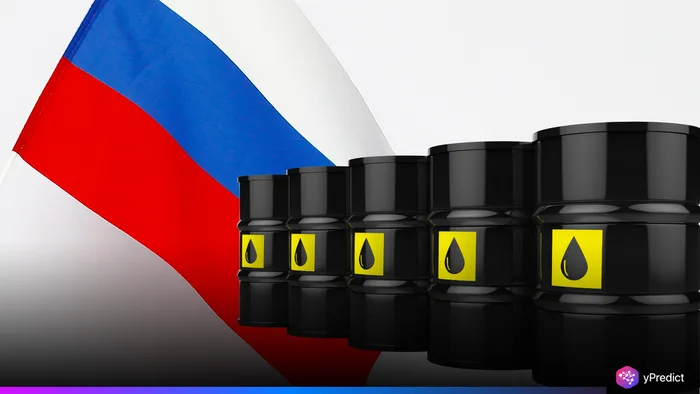
Recent headlines suggested India might have stopped buying Russian oil,but Russian state media says that’s simply not true. Despite global speculation, officials in Moscow confirmed that oil shipments to India remain consistent and uninterrupted.
This clarification comes as some Western media outlets pointed to reduced shipping data from Russian ports, suggesting that India had scaled down its imports. But energy insiders and Russian authorities quickly stepped in, saying that there’s no official word from India indicating any change. In fact, trade flows continue as usual,though with a few seasonal and logistical hiccups.
India has been one of Russia’s biggest energy partners since the Ukraine war reshaped global oil markets. Cheap barrels, flexible payment terms, and reliable delivery made Russian oil a core part of India’s energy strategy. And so far, nothing has officially changed.
Russian Officials Call Out Western Speculation
Russian state news agencies like TASS and RIA Novosti were quick to address the rumors. They stated clearly that India has not suspended or reduced its Russian oil imports. Government officials in Moscow emphasized that recent fluctuations in shipments had more to do with technical reasons than political decisions.
They pointed out that no new policies have been announced by New Delhi. That means Indian oil companies are still placing regular orders. Some temporary delays were reported, but sources say they’re tied to monsoon congestion at ports and routine payment adjustments,not diplomatic pressure.
Crude Oil Shipments Face Delays, But That’s Normal This Time of Year
What’s behind the dip in tanker traffic? Mostly routine disruption. During monsoon season, India’s ports often experience delays due to rough seas and safety regulations. That affects shipping schedules and loading timelines,but it doesn’t mean contracts are cancelled.
Russian oil companies say payment channels like the Chinese yuan and UAE dirham are still being used to complete transactions. These alternatives help both sides bypass Western sanctions on dollar-based banking systems. Minor delays happened, yes,but nothing out of the ordinary for this time of year.
It’s also worth noting that India and Russia have grown used to working around such issues. Their oil trade isn’t just transactional,it’s a long-term partnership.
India’s Energy Priorities Still Include Russia
It’s abundantly clear that India’s chief priority is sourcing affordable energy for its rapidly growing population. While U.S. and Europe have pressured countries to economically isolate Russia, India has stood its ground. It’s not about choosing sides. It’s simply about keeping the lights on and fuel prices manageable.
Over the last two years, India–Russia oil trade has grown, not shrunk. Lower prices for Russian crude have helped Indian refineries and the increases in trading volume have strengthened India–Russia relations. Some refiners in India have even converted some of their infrastructure to accommodate more Russian oil blends.
Western Media Jumped the Gun
So how did the story about India halting Russian oil imports gain traction? Experts say it’s a case of reading too much into incomplete data. Satellite tracking of oil tankers doesn’t always reflect real-time contracts or cargo ownership. Sometimes ships change routes, offload at sea, or operate under temporary registration changes that confuse tracking systems.
Analysts also warn that interpreting trade flows without context can be misleading. Unless there’s official confirmation from either India or Russia, conclusions based on shipping maps are speculative at best.
Moscow’s quick response reflects just how easily misinformation can spread,especially when energy markets are involved.
India and Russia Still Going Strong on Oil
Despite the noise, the core facts remain clear: Russian oil imports to India are still flowing. The trade relationship remains stable, and both countries continue to benefit from the arrangement.
India’s position has been consistent,it will buy oil where it’s affordable and reliable. Russia, facing bans from Europe and price caps from the G7, sees India as a vital outlet for its crude. Together, they’ve built a system that works for both sides,even if it occasionally draws criticism from Western capitals.







